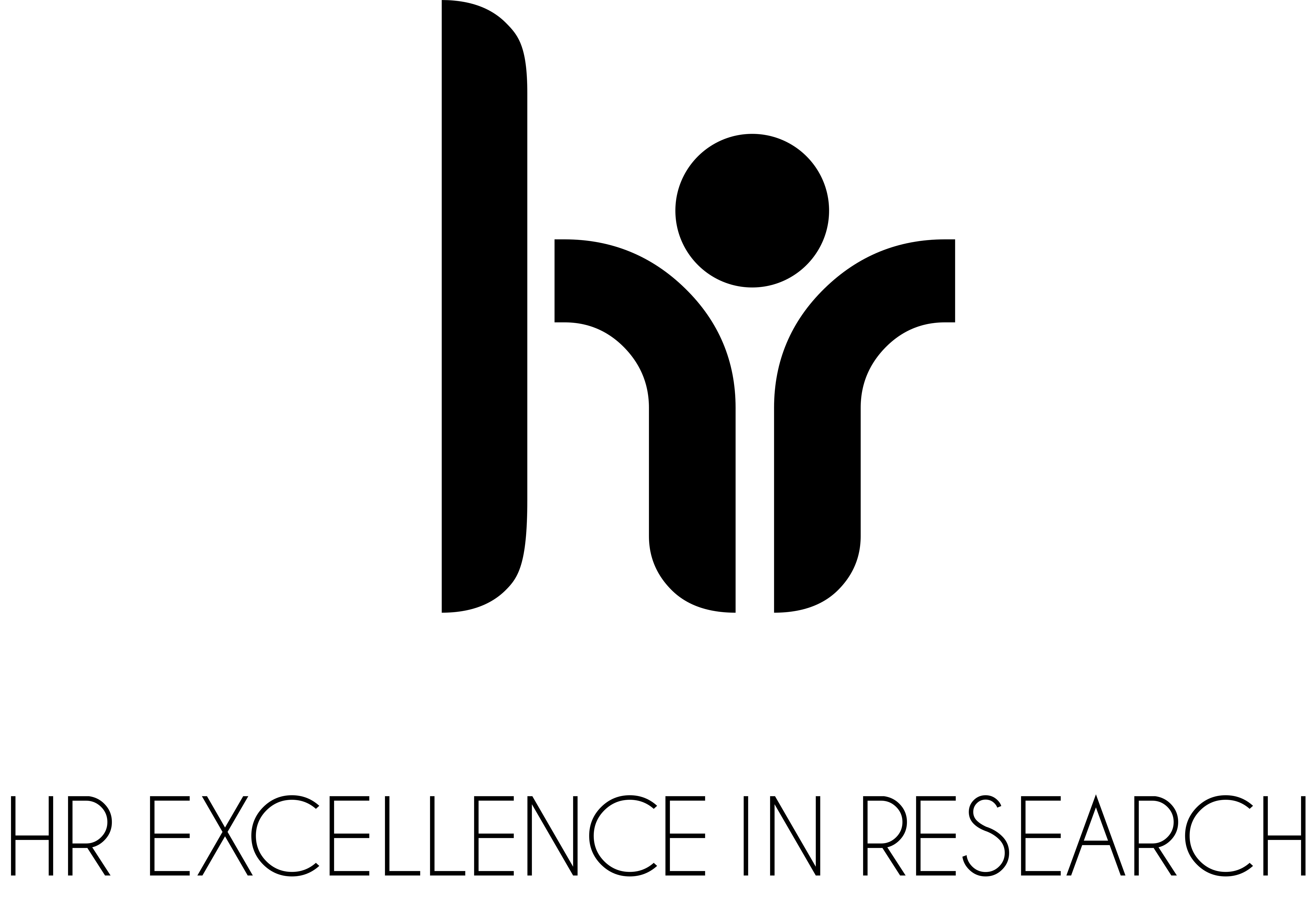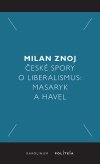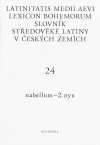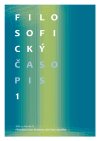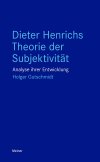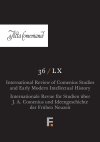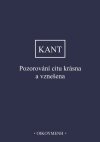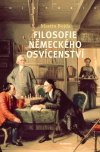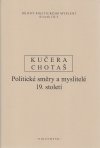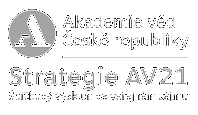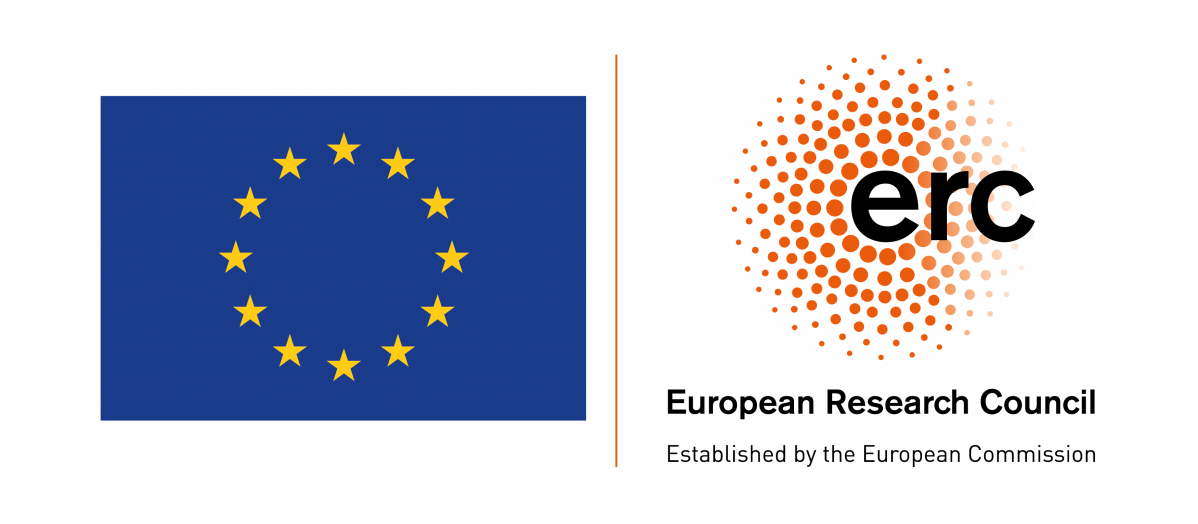upcoming events
News
International Research Center Focused on Environmental and Technology Ethics will be Established in the Czech Republic
In the Czech Republic, there is lack of systematic research on ethical problems related to climate change and the so-called emerging technologies. The situation is about to change thanks to the newly forming international research Center for Environmental and Technology Ethics – Prague (CETE-P) at the Institute of Philosophy of the Czech Academy of Sciences. Thanks to a prestigious European grant awarded to the Institute of Philosophy of the Czech Academy of Sciences, Mark Coeckelbergh from the University of Vienna will participate in its establishment and development.
In the Czech Republic, there is lack of systematic research on ethical problems related to climate change and the so-called emerging technologies. The situation is about to change thanks to the newly forming international research Center of Environmental and Technology Ethics – Prague (CETE-P) at the Institute of Philosophy of the Czech Academy of Sciences. Thanks to a prestigious European grant awarded to the Institute of Philosophy of the Czech Academy of Sciences, Mark Coeckelbergh from the University of Vienna will participate in its establishment and development.
The new research institute will offer, for example, expert advice to the Czech state administration and help with the development of the necessary public policies in the abovementioned areas. Its aim will also be to contribute to an informed public debate and draw citizens more into it.
“A special Department of Applied Philosophy and Ethics started working at the Institute of Philosophy this year. We responded to the need to tackle the ethical problems of current public interest,” says Ondřej Ševeček, director of the Institute of Philosophy of the Czech Academy of Sciences. The establishment of a Center for Environmental and Technology Ethics – Prague brings these efforts to an international standard. It offers a unique opportunity, especially for the region of Central and Eastern Europe, where institutions of a similar nature are still only about to be formed. “For us, this means strengthening the position of our Institute as a national leader and respected international partner. At the same time, we promise to attract top foreign researchers,” adds Ševeček.
Establishment of the centre will help develop long-term cooperation with other, similarly oriented institutions abroad as well as between the universities and research institutes of the Academy of Sciences of the Czech Republic.
Artificial intelligence versus personal data
“The new research centre will be launched in January 2023 and its team will be assembled under the leadership of one of the most respected experts in the field of philosophy of technology, Mark Coeckelbergh,” explains the project coordinator, philosopher Petr Urban. “Communication technologies, biotechnology, or artificial intelligence have fundamentally transformed our world and the consequences of this development are irreversible. We see, for example, how artificial intelligence enables the collection of vast amounts of data about each of us, which can be used to promote various economic and political interests at the expense of our rights and freedoms. How should we distinguish between ethically acceptable and unacceptable ways of using new technologies? And how should we correctly set the rules that are supposed to regulate the development and use of artificial intelligence in our society? This is an example of topics which research by the newly emerging international team at the Institute of Philosophy of the Czech Academy of Sciences will try to address,” adds Petr Urban.
The Center for Environmental and Technology Ethics – Prague (CETE-P) is being established thanks to the success of the Institute of Philosophy of the Czech Academy of Sciences in the ERA Chairs grant call, which is part of the prestigious European Horizon Europe programme focused on funding research and innovation. In the European competition of 88 projects, the Institute of Philosophy of the Czech Academy of Sciences received support as one of four Czech institutions together with the Biology Centre of the Czech Academy of Sciences, Masaryk University in Brno, and Palacký University in Olomouc. The Technology Centre of the Czech Academy of Sciences contributed to preparation of the successful project.


